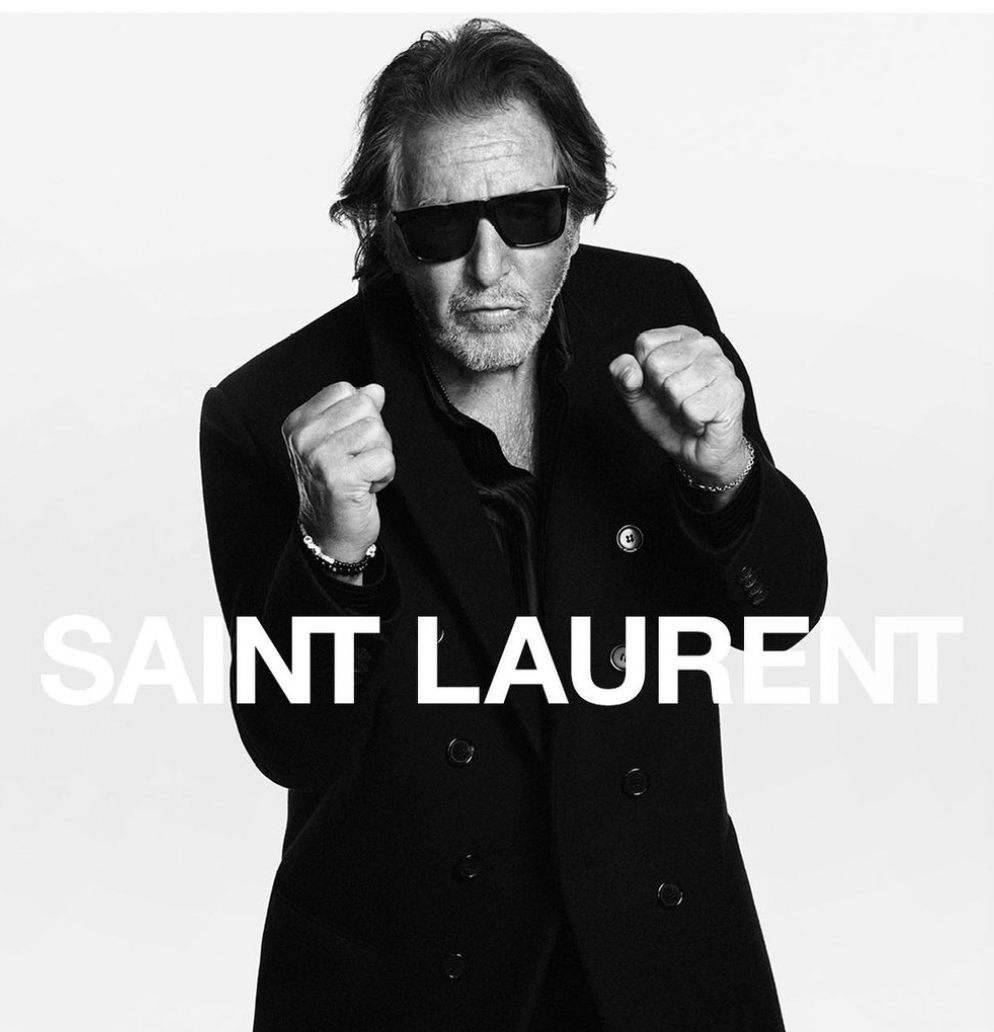EXPLAINER
Luxury brands going
fur-free
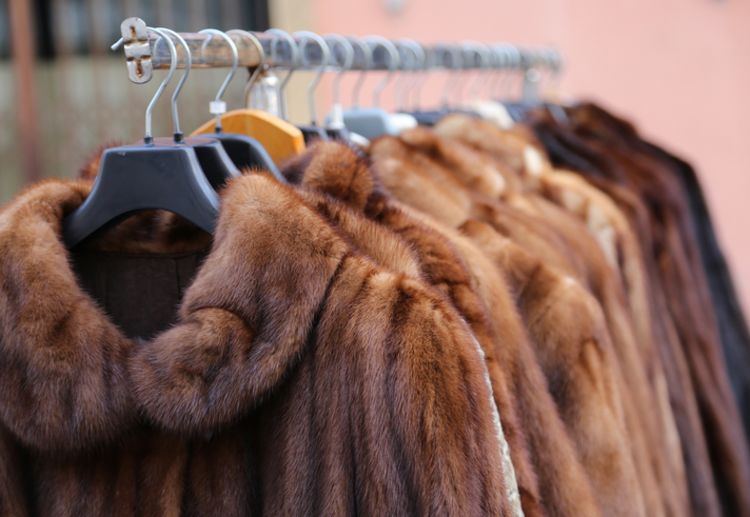
Dolce and Gabbana and Moncler are amongst the latest luxury fashion brands to bid goodbye to fur!
Fashion and fur have a relationship that dates to the 11th century, the journey for luxury moguls to go fur-free has been a bumpy ride.
From activists taking over runway shows to vandalising store headquarters and top models posing naked for PETA's “I’d rather go naked than wear fur” campaign that included the biggest models of the time.
The industry has seen it all, over the last few years multiple big names have joined the band of being more ethical and sustainable.
The luxury fashion industry has a complicated relationship with the use of fur
The fashion industry is amongst the worst in the industry for animal welfare for using animal skin such as fur, and leather. While the discussion on moving to be more sustainable and make better choices that can help the environment has struck major conversations between brands and consumers. Which has directly impacted consumer behaviour.
The popularity of fabric is popularly associated with the Victorian era and when its popularity grew, it was worn as a symbol of wealth and social status rather than just for warmth. This was picked up by luxury designers and brands that found new ways of incorporating fur in their designs to match up to the changing times.
The 1990s saw the rise of animal rights activists and groups like Peta gaining popularity that helped create pressure for designers to ditch animal skin.
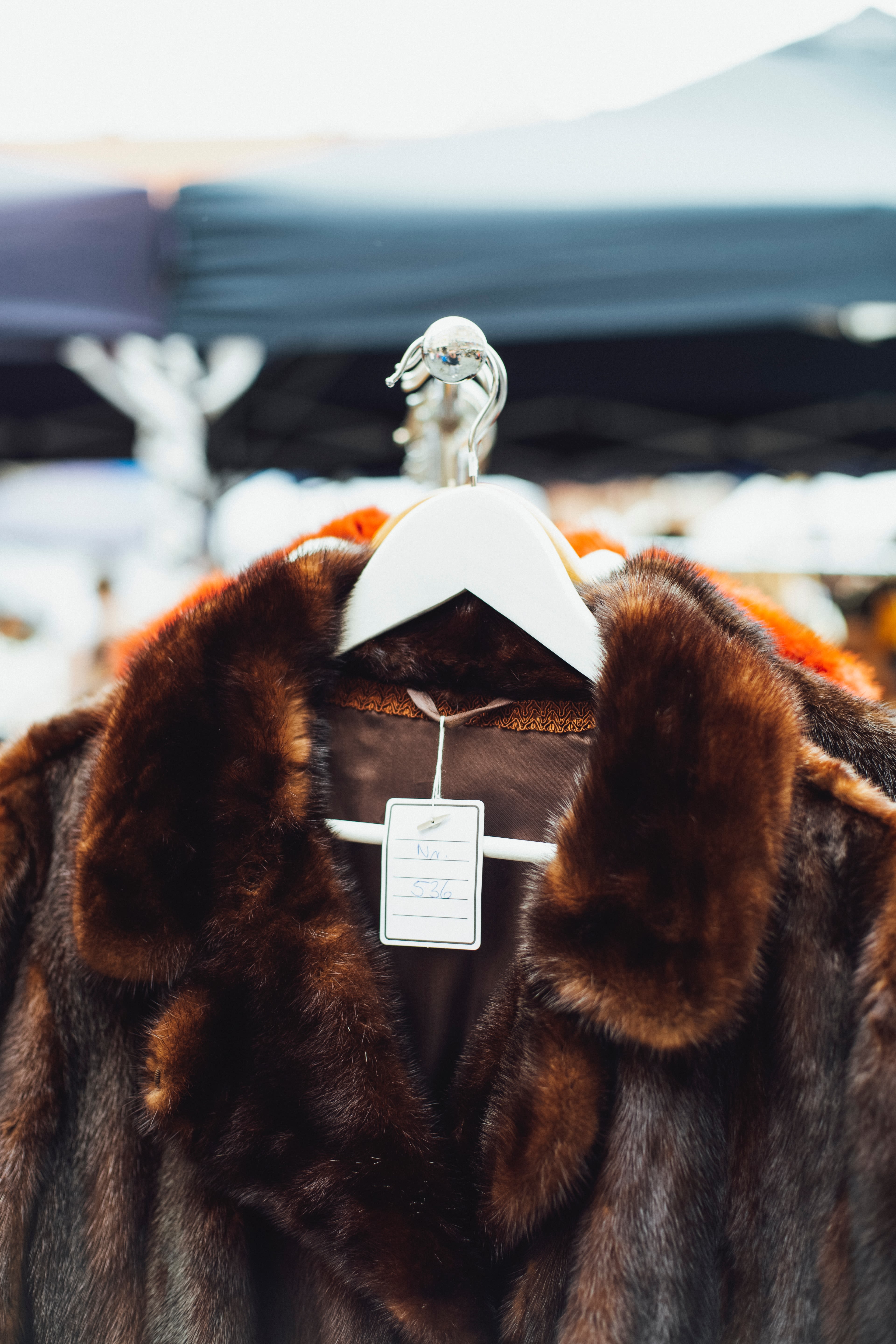
1994
Amongst the first brands to go fur-free was Calvin Klein in 1994 which ruffled a 1.1-billion-dollar fur industry on its announcement,
the decision to do so was revolutionary for its time but as a result of high-profile protests from animal rights activists that invaded Klein’s office and spray-painted “kills animals”.
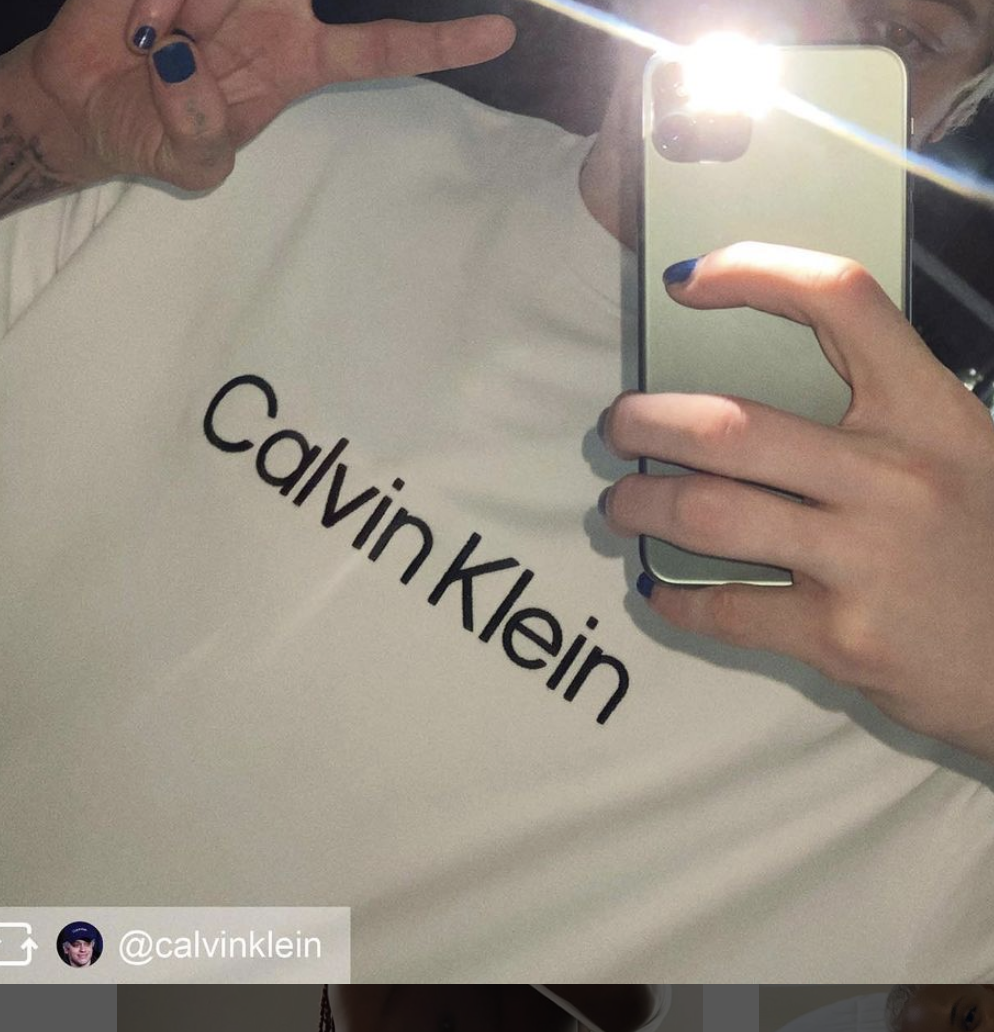
2001
Stella McCartney pioneered cruelty-free luxury in 2001 by founding her brands with a commitment that does not use any kind of animal skin, both fur and leather aren’t used in her designs. The brand doesn’t test on animals or uses glues that come from animals for its bags and shoes.
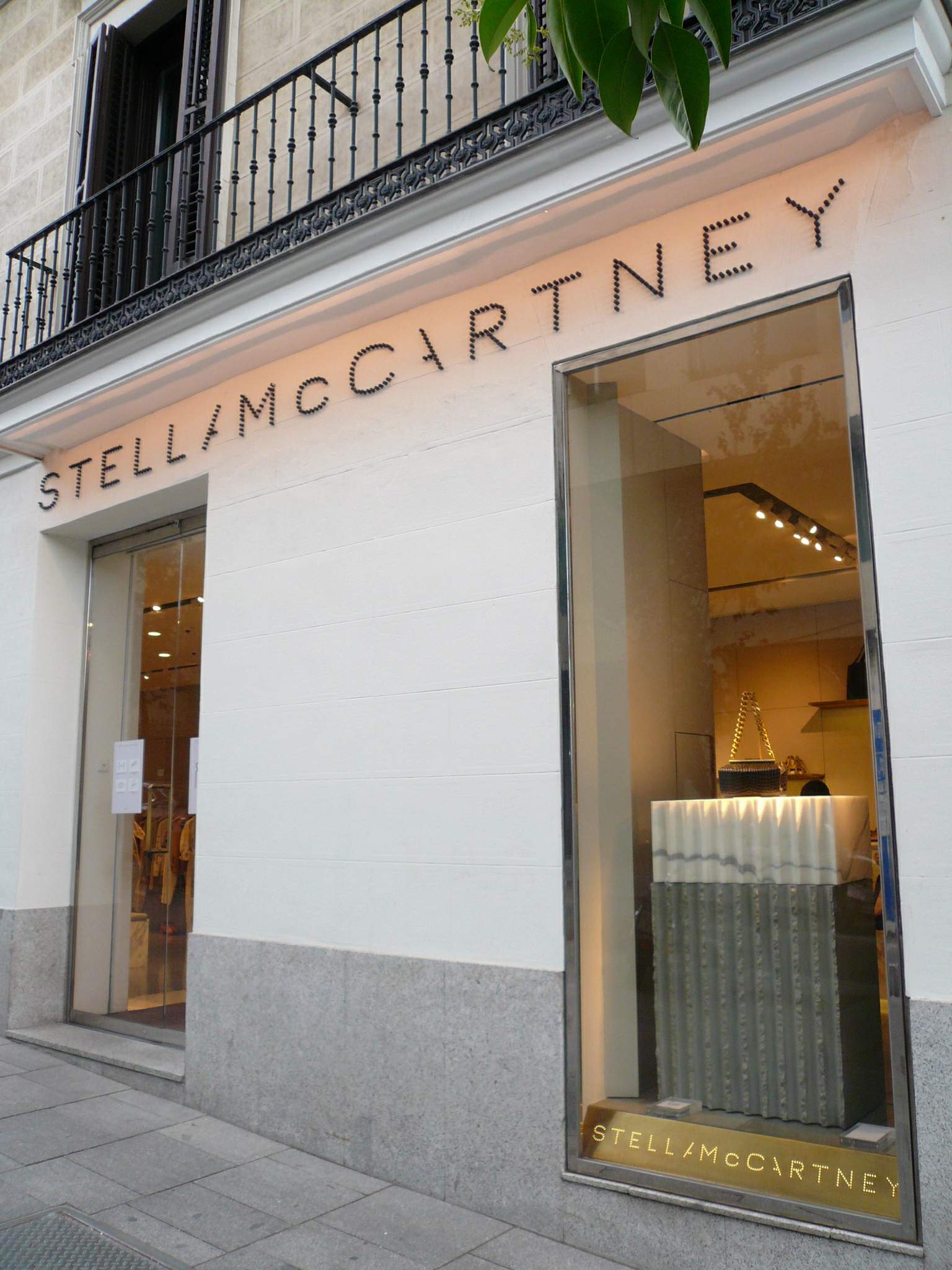
2006
Ralph Lauren decided to ditch fur and highlighted that fur had never been an integral part of its design strategy or what the brand stands for. It also went on to distribute leftover fur to charities that distribute clothes to the poor.
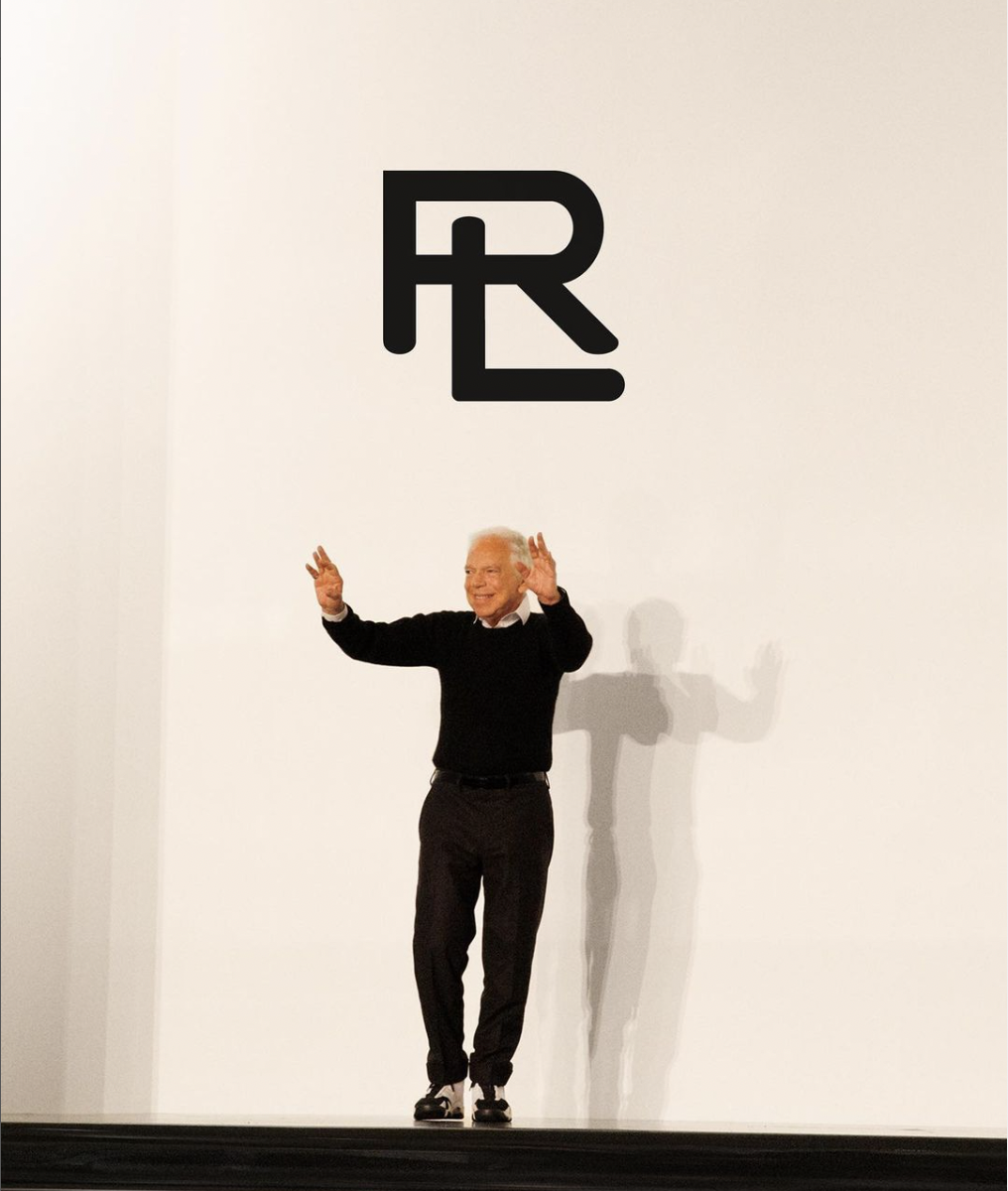
2007
The decision of going fur-free was then followed by Tommy Hilfiger mainly used fur on its collars and cuffs. The brand’s decision put the spotlight on banning fur trim and highlighted that even a little piece of fur causes tremendous suffering to the animals.
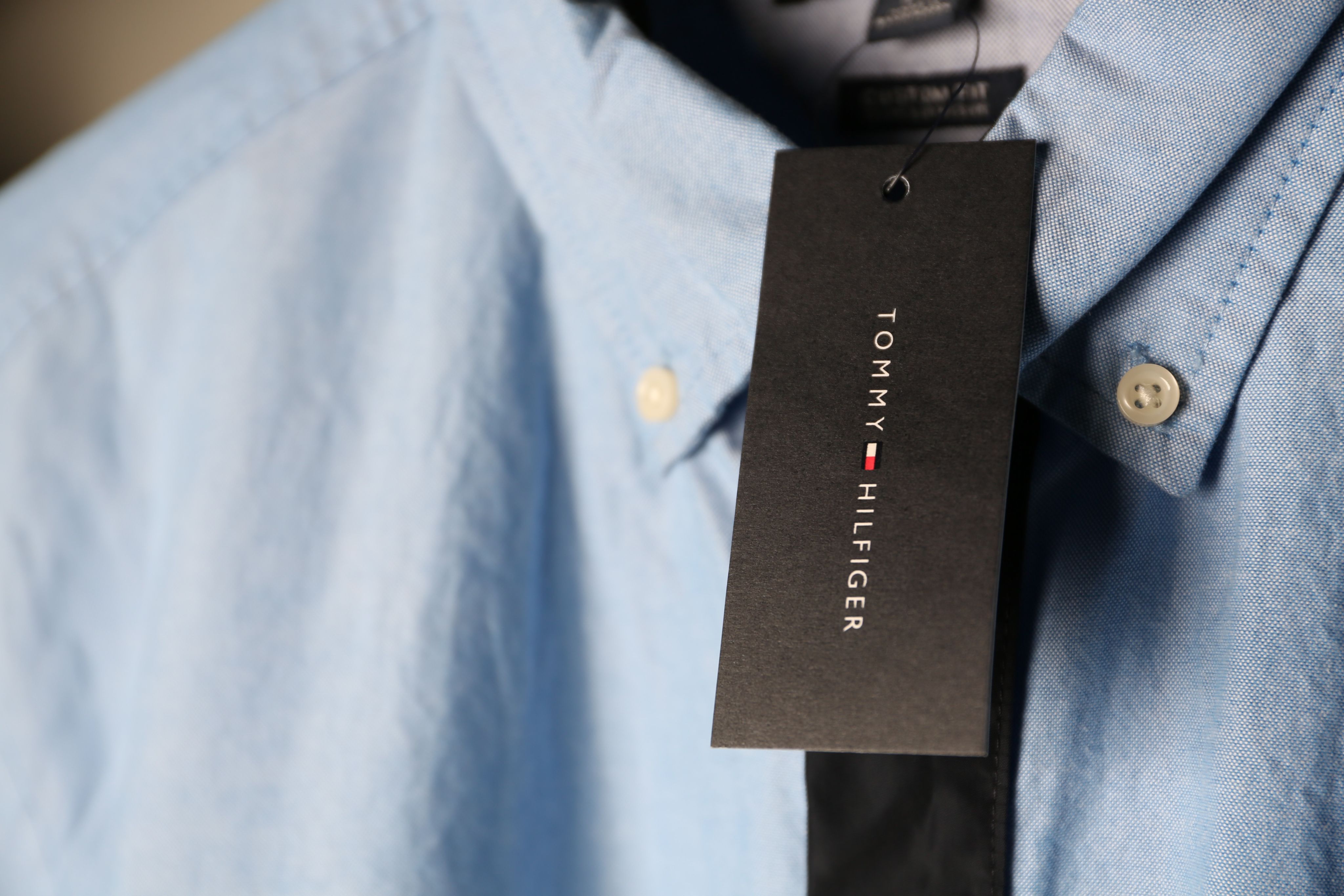
2016
Italian high-end label Giorgio Armani ditched fur across its brands from its fall/winter collection in 2016 as a response to growing consumer demand for ethical and sustainable fashion. Armani was the first in Luxury fashion’s wave of bans.
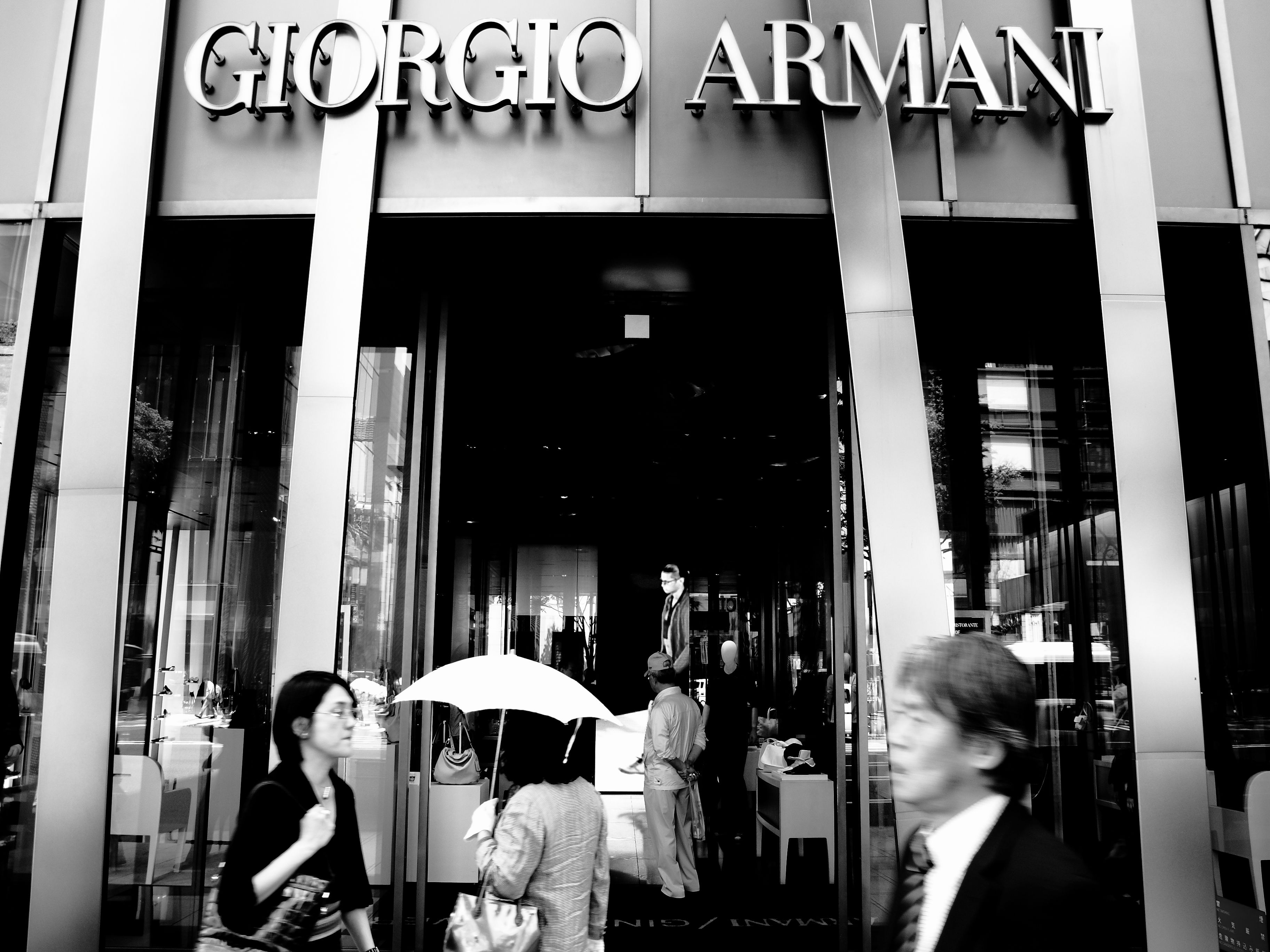
2017
Gucci pledged to go fur-free from 2017. The brand had a history of using Kangaroo and Angora that were replaced by lambs’ wool. The brand influenced several brands to follow its lead, creating a shift away from ubiquitous material found across luxury products. Chief executive Marco Bizzarri called the material “a little outdated”.
The same year Michela Kors hoped on the fur-free wagon and phased out fur from all its design elements and highlighted the fact that new materials were an opportunity to create a “luxe aesthetic using non-animal fur”.
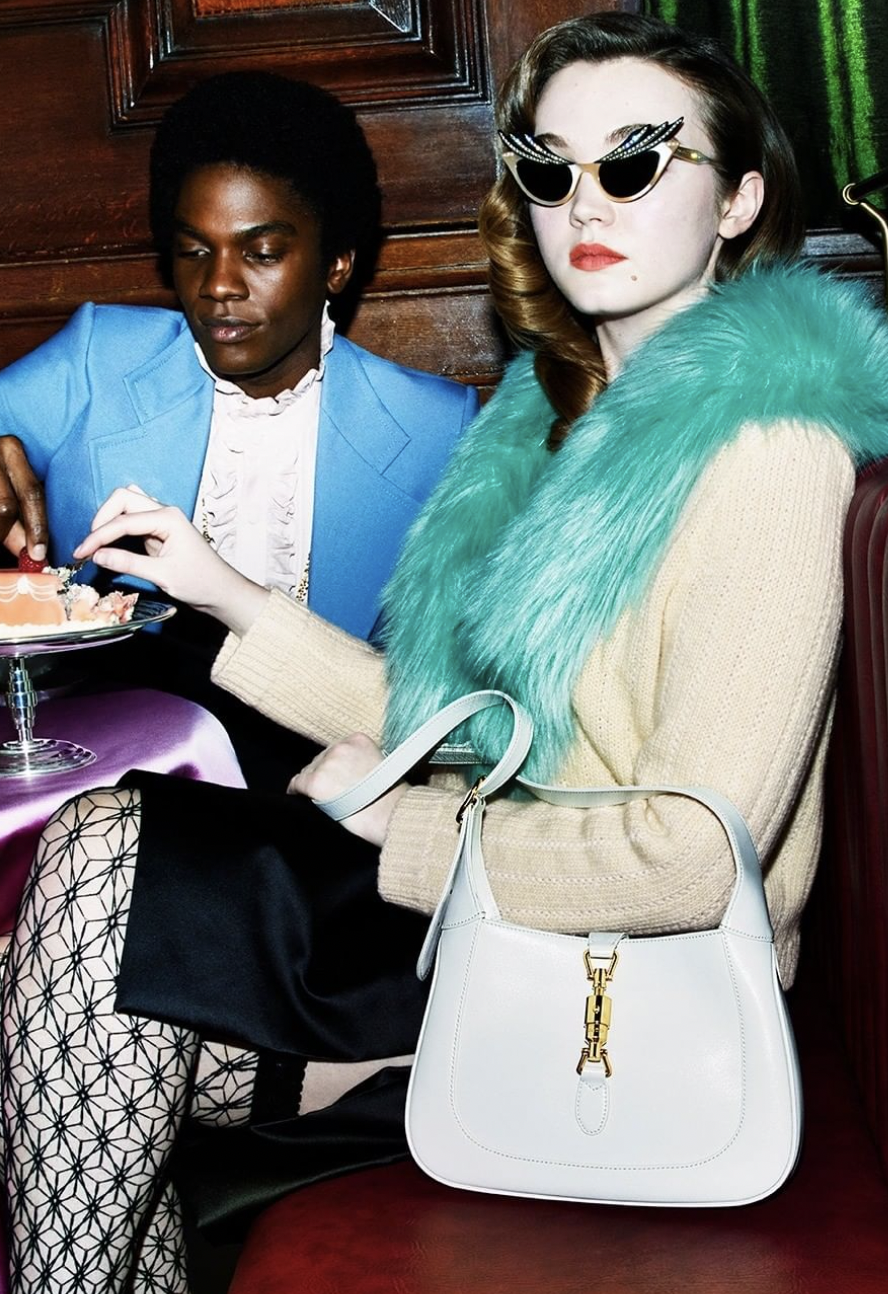
2018
This was a remarkable year for fur-free advocates and animal rights activists, the luxury fashion industry saw a drastic shift when the top brands announced going fur-free and approaching an ethical outlook.
Burberry went and introduced a no-fur policy and commitment to stop destroying unsold last season goods that had caused a PR diabolical in the past. Coach gradually phased out the use of fur in its Fall 2019 collection, the material is now accounted for less than 1 per cent of its business.
Bottega Veneta took a different approach when introducing a no-fur policy and stopped using the material quietly with no public announcement.
Chloé is amongst the several Richemont-owned brands to stop using the material.
Chanel’s announcement to go fur-free and stop using exotic skin came as a surprise to both consumers and the luxury fashion industry. It is said to be due to the challenges of sourcing materials that met the brand’s ethical standards.
Versace’s Chief executive called banning fur a “strong and deep cultural shift”, it was a part of a wider sustainability programme that included major changes for the brand.
2019
Prada faced pressure for months from animal rights activists and noticed a shift in consumer behaviour and low demand for goods made from fur that finally led them to stop using the material completely in 2019.
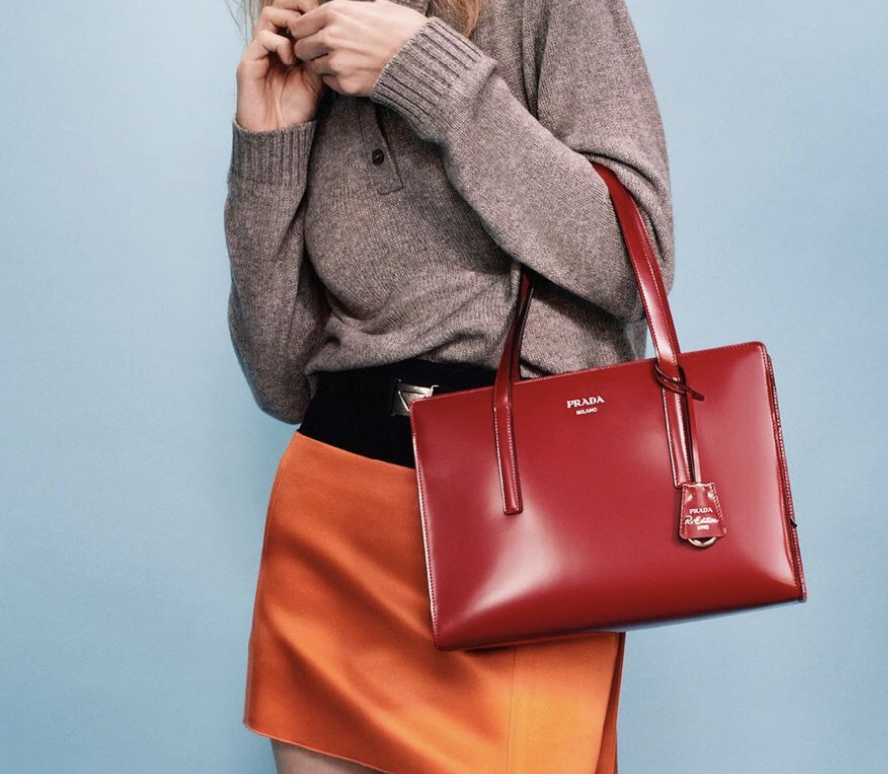
2021
Luxury brands owned by parent company Kering – Alexander McQueen, Balenciaga, and Saint Laurent all come forward to join the long list of fashion houses going fur-free in 2021.
